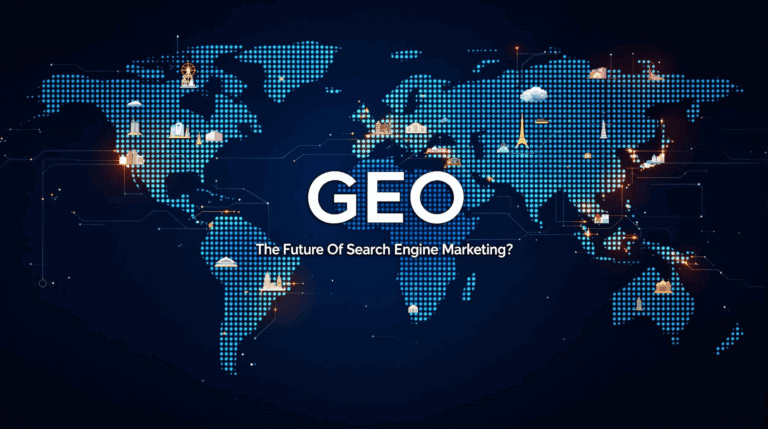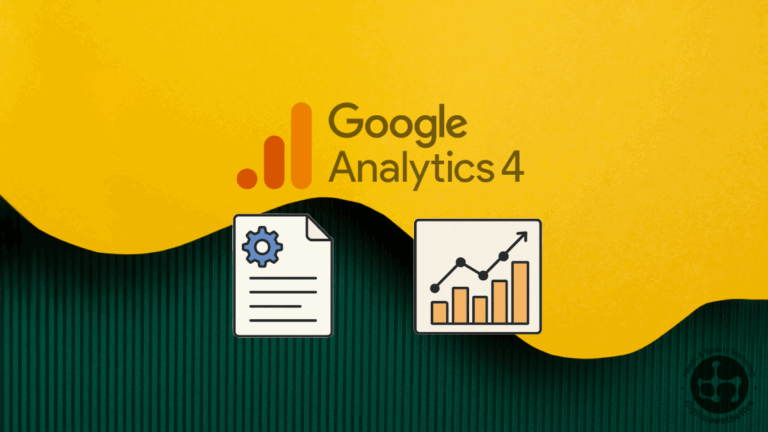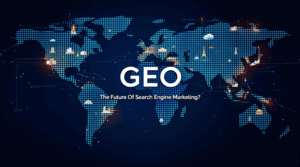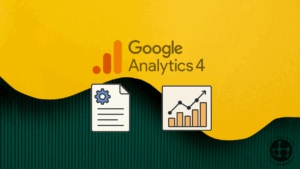The rapid integration of AI into search technologies is reshaping how users access information. This is posing significant challenges for UK clinics reliant on organic search traffic. Tools like Google’s Gemini and ChatGPT are altering search behaviours fast. Their platforms are diverting traffic from traditional websites and forcing clinics to rethink their digital strategies. The implications of AI-driven search are significant and without actionable solutions, clinics trying to navigate this evolving landscape will struggle.
the Erosion of Informational Traffic
AI tools like Gemini now dominate search results by generating instant, conversational answers to user queries. These summaries, often derived from high-ranking websites, absorb traffic that previously flowed to clinics’ informational pages (e.g., “What is Botox?” or “How to treat acne”). Studies indicate that AI-generated responses can reduce organic traffic by 18–64%, as users no longer need to click through to websites for basic information. For clinics, this means diminished visibility for educational content. A critical strategy that worked as a driver of patient trust and engagement.
Google’s AI Overviews, which occupy substantial screen space, further push down organic listings, compounding the problem. While these summaries occasionally cite sources, the majority of traffic is lost, particularly for general informational queries. Which used to be up until now, the cornerstone of content marketing. So this is a very big shift.
ChatGPT Reducing Search Volumes
The growing popularity of ChatGPT for aesthetics-related inquiries is diverting users away from traditional search engines. With 200 million active users globally, platforms like ChatGPT offer quick, conversational answers, reducing reliance on Google for informational searches. This shift threatens clinics’ ability to attract patients through SEO, as fewer searches translate to fewer opportunities to appear in results. Many clinics rely on SEO for up to 50% of their total business, in some cases higher.
However, Google still retains dominance in commercial searches (e.g., “skin clinic London” or “laser acne treatment near me”), where local SEO, such as optimised Google Business Profiles and directory listings, remains critical. But this is something that could very quickly change as AI engines develop search-like results with their own recommendations.
Consequences for UK Clinics
The dual impact of AI summaries and reduced search volumes creates a precarious scenario:
- Lost Lead Generation: Informational content, once a cornerstone of patient education and lead nurturing, now struggles to compete with AI-generated answers.
- Increased Competition: Clinics must vie for fewer commercial search opportunities, intensifying competition for local visibility. This compounds the already difficult landscape due to the increase in the number of clinics.
- Revenue Pressure: With lower traffic, clinics face heightened pressure to convert remaining visitors efficiently, necessitating robust conversion rate optimisation (CRO) strategies
To mitigate losses, clinics must adopt AI “ranking” monitoring services. These tools track how often clinic content is featured in AI summaries and identify gaps in visibility. For example, SEO tools now offer the ability to track appearances in AI-produced articles. Proactive monitoring enables clinics to refine their SEO strategies, focusing on queries where AI has yet to dominate. However how successful is AI at referring people at sites is less apparent currently. ChatGPT will refer much less than Google used to do.
Alternative Strategies
Adapting to AI’s disruption is going to be hard. There is really no way to prevent Gemini to stop traffic from going to websites. But could this be the death of content marketing? One thing this certainly calls for, is diversifying traffic sources.
- Video and Podcast Content: AI struggles to replicate video or audio formats for now. Clinics can leverage YouTube tutorials or podcasts on topics like “post-treatment care” to capture audiences seeking dynamic content.
- Local Directory Dominance: Listing on local platforms could boost local visibility, countering AI’s informational drain.
- Voice Search Optimisation: With 40% of UK adults using voice search, clinics should optimise for natural-language queries (e.g., “Where is the nearest clinic for laser treatments?”)
- Paid Advertising: Targeted Google Ads remain effective for commercial intent, compensating for organic traffic losses. As Google’s revenues are squeezed by new competitors, their offering of free traffic will be reduced to a minimum.
Embracing Adaptation in the AI Era
While AI-driven search poses undeniable challenges, it also incentivises clinics to innovate. By prioritising local SEO, diversifying content formats and leveraging monitoring tools, clinics can reclaim visibility in a changing digital ecosystem. The key lies in balancing adaptability and ensuring that even as search evolves, clinics remain the trusted authority for both information.
For clinics, the future of SEO is not about resisting AI because that is not an option. Strategically coexisting with it and ensuring their services remain discoverable in an increasingly automated world will be the new challenge.










